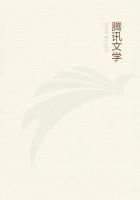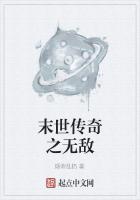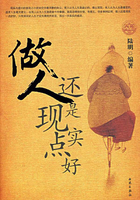I have told how Cervantes made his race precious to me, and I am sure that it must have been he who fitted me to understand and enjoy the American author who now stayed me on Spanish ground and kept me happy in Spanish air, though I cannot trace the tie in time and circumstance between Irving and Cervantes. The most I can make sure of is that I read the 'Conquest of Granada' after I read Don Quixote, and that I loved the historian so much because I had loved the novelist much more. Of course I did not perceive then that Irving's charm came largely from Cervantes and the other Spanish humorists yet unknown to me, and that he had formed himself upon them almost as much as upon Goldsmith, but I dare say that this fact had insensibly a great deal to do with my liking. Afterwards I came to see it, and at the same time to see what was Irving's own in Irving; to feel his native, if somewhat attenuated humor, and his original, if somewhat too studied grace. But as yet there was no critical question with me. I gave my heart simply and passionately to the author who made the scenes of that most pathetic history live in my sympathy, and companioned me with the stately and gracious actors in them.
I really cannot say now whether I loved the Moors or the Spaniards more.
I fought on both sides; I would not have had the Spaniards beaten, and yet when the Moors lost I was vanquished with them; and when the poor young King Boabdil (I was his devoted partisan and at the same time a follower of his fiery old uncle and rival, Hamet el Zegri) heaved the Last Sigh of the Moor, as his eyes left the roofs of Granada forever, it was as much my grief as if it had burst from my own breast. I put both these princes into the first and last historical romance I ever wrote.
I have now no idea what they did in it, but as the story never came to a conclusion it does not greatly matter. I had never yet read an historical romance that I can make sure of, and probably my attempt must have been based almost solely upon the facts of Irving's history. I am certain I could not have thought of adding anything to them, or at all varying them.
In reading his 'Chronicle' I suffered for a time from its attribution to Fray Antonio Agapida, the pious monk whom he feigns to have written it, just as in reading 'Don Quixote' I suffered from Cervantes masquerading as the Moorish scribe, Cid Hamet Ben Engel
第一章My father explained the literary caprice, but it remained a confusion and a trouble for me, and I made a practice of skipping those passages where either author insisted upon his invention. I will own that I am rather glad that sort of thing seems to be out of fashion now, and I think the directer and franker methods of modern fiction will forbid its revival. Thackeray was fond of such open disguises, and liked to greet his reader from the mask of Yellowplush and Michael Angelo Titmarsh, but it seems to me this was in his least modern moments.
My 'Conquest of Granada' was in two octavo volumes, bound in drab boards, and printed on paper very much yellowed with time at its irregular edges.














